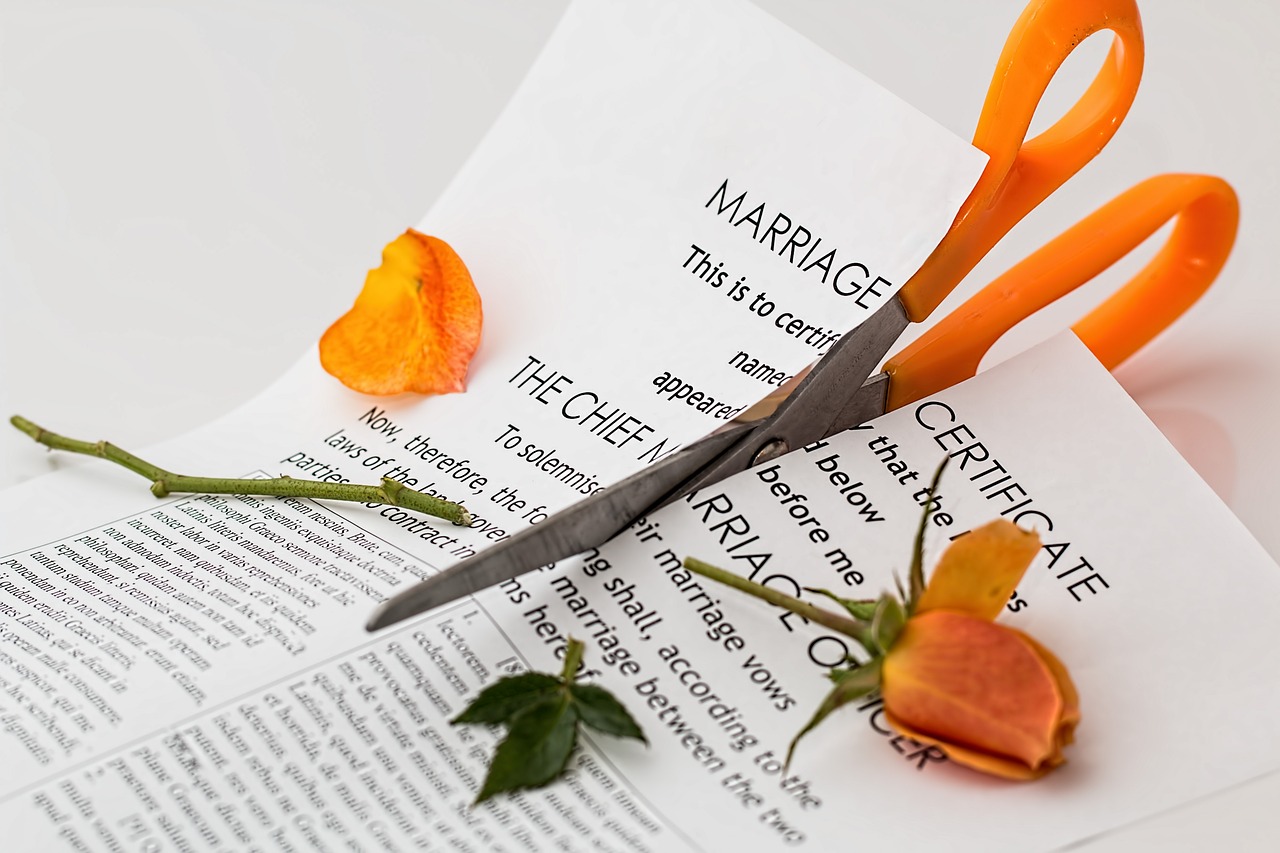
Facing a divorce can feel like a daunting change, but what if we see it as a springboard for growth? This might just be your chance to rediscover who you are, dive into new passions, and reshape your life’s narrative. It’s about flipping the script from loss to a story of resilience and empowerment. Imagine this as a new chapter where you get to author your journey, filled with exploration and self-renewal. Below, we will delve deeper into this, providing you with some advice to help you through what lies ahead.
Acknowledging the Emotional Rollercoaster
Divorce is rarely a smooth ride. It’s more like a rollercoaster with unexpected twists and turns. The first step in untangling emotions is acknowledging the range of feelings you might experience – from sadness and anger to relief and even moments of unexpected joy. Embrace the complexity, understanding that it’s okay to feel a mix of conflicting emotions. And don’t forget, you’ve got lawyers to handle the legal side of things while you can focus on your health. Click here if you’re yet to secure professional assistance.
The Art of Self-Compassion
During divorce, it’s crucial to extend compassion to yourself. It’s easy to get lost in self-blame or judgment, but treating yourself with kindness is essential. Just like healing a physical wound, emotional recovery takes time. Be patient with yourself, and remember that it’s okay not to have everything figured out.
Building a Support System
You don’t have to navigate the divorce journey alone. Cultivate a support system that includes friends, family, or even a therapist. Sharing your thoughts and feelings can be therapeutic and provides a fresh perspective. Surrounding yourself with a support network ensures you have people who genuinely care about your well-being.
Mindful Practices for Emotional Stability
Mindfulness can be a powerful tool in untangling emotions. Simple practices like deep breathing, meditation, or even a mindful walk can help you stay grounded. These practices enable you to observe your thoughts and emotions without judgment, fostering a sense of clarity and emotional stability.
Journaling: Unveiling Your Inner Dialogue
Expressing your thoughts on paper can be a cathartic experience. Journaling allows you to explore your inner dialogue, bringing hidden emotions to the surface. It’s a safe space to vent, reflect, and gain insights into your own emotional landscape. As you write, you might discover patterns or triggers that contribute to your emotional responses.
Setting Boundaries for Emotional Well-Being
In the midst of divorce, setting boundaries becomes crucial. This involves not only establishing clear lines with your ex-partner but also with friends and family. Protect your emotional well-being by recognizing what you need and communicating those needs assertively. Setting boundaries is an act of self-care that can contribute to a smoother emotional recovery.
Focusing on the Present Moment
It’s easy to get caught up in the past or worry about the future during a divorce. However, finding ways to stay present can alleviate emotional distress. Engage in activities that bring you joy in the moment, whether it’s a hobby, spending time with loved ones, or simply enjoying the beauty of nature. The more you anchor yourself in the present, the less overwhelming the emotional journey becomes.
Redefining Relationships: Navigating the Aftermath
Post-divorce, redefining relationships is often an uncharted territory. Friendships may shift, and family dynamics can change. Embrace the opportunity to cultivate relationships that support your newfound identity. Be open to creating meaningful connections, understanding that relationships, like life, are constantly evolving. Surround yourself with those who uplift and understand the person you are becoming.
Professional Guidance: Navigating the Legal and Emotional Landscape
Seeking professional guidance is not a sign of weakness but a practical step in navigating both the legal and emotional aspects of divorce. A skilled attorney can guide you through the legal complexities, providing clarity and advocating for your rights. Simultaneously, a therapist can offer valuable emotional support, helping you process the profound changes and lay a foundation for a healthier emotional future.
Conclusion
Divorce tangles up a lot of emotions, and untangling them is a deeply personal journey. It’s okay to acknowledge that your feelings are complex. Give yourself the gift of self-compassion, lean on a support network, and embrace the winds of change. Remember, healing isn’t a race – there’s no standard playbook for mending a heart. Be gentle with yourself, allowing healing to happen in its own time. As you work through these emotional knots, you’re setting the stage for a future that’s brighter and filled with newfound strength.
See some more of my life-related posts here
